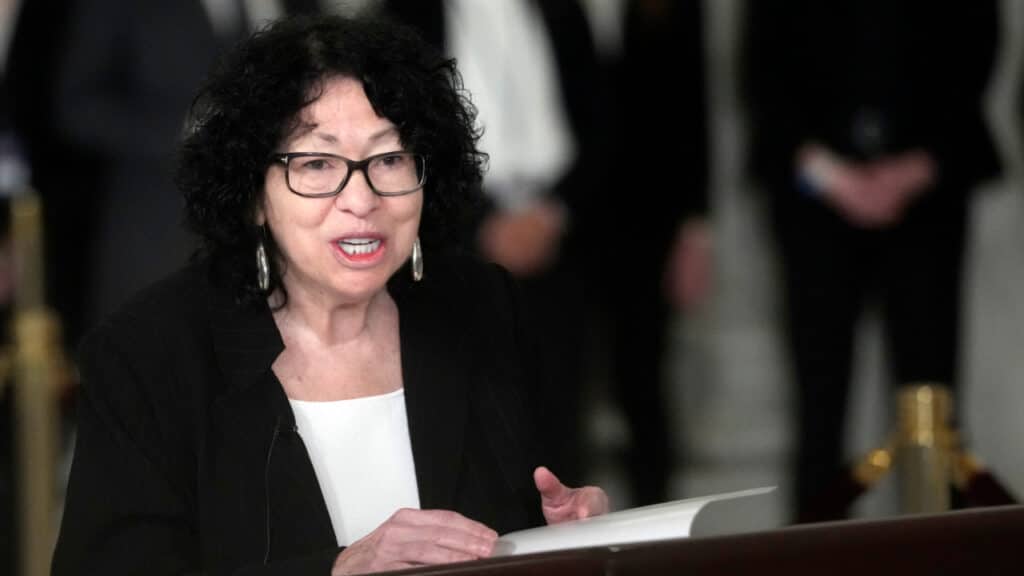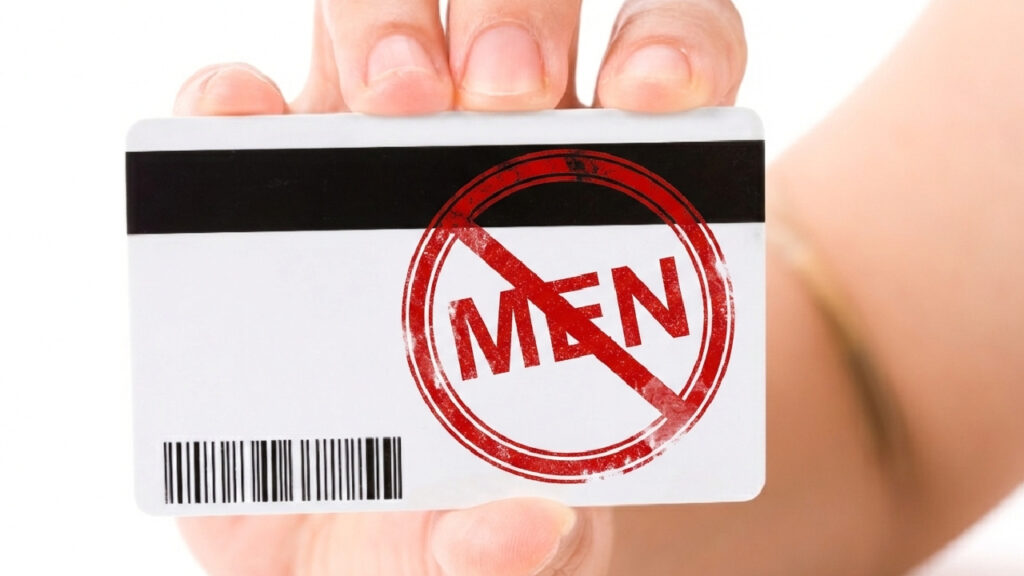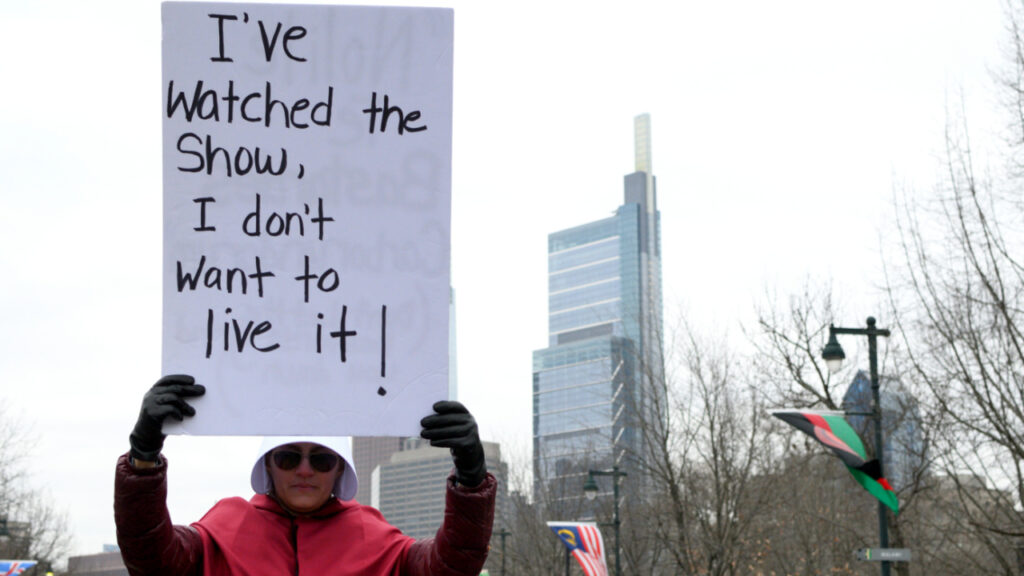
Sonia Sotomayor Asks: Do Americans Even Know the Difference Between a President and a King?
Supreme Court Justice Sonia Sotomayor has a sharp question for the country: “Do we understand what the difference is between a king and a president?”
Speaking at a civics education conference hosted by New York Law School, Sotomayor warned that a lack of basic knowledge about the rule of law and constitutional limits is putting democracy at risk. According to NBC News, she told the audience that if people learned these principles “from the beginning, they would be more informed as to what would be important in a democracy.”
A warning rooted in recent rulings
Her remarks didn’t come in a vacuum. Sotomayor has repeatedly sounded alarms in her dissents when the Court has sided with the Trump administration’s expansion of executive power.
She dissented last year when the Court ruled Trump had immunity for trying to overturn the 2020 election. In that dissent, she wrote: “In every use of official power, the president is now a king above the law.”
She has also criticized decisions allowing Trump to shrink federal agencies and fire officials Congress intended to shield from political influence.
Sonia Sotomayor links civics to democracy’s survival
At the New York conference, Sotomayor stressed that civics education is not abstract. She pointed to polling showing fewer young people supporting democracy. “Without that, what’s left?” she asked.
Her concern aligns with findings from CivXNow, the advocacy arm of iCivics, which tracks how states are addressing gaps in civics instruction. Since 2021, 24 states have passed laws adding civics courses or funding, The Guardian noted. But teachers also report avoiding controversial topics in classrooms, even as civics instruction grows.
Free speech and the danger of “bad laws”
Sotomayor also weighed in on free speech. She rejected calls to criminalize certain kinds of speech, saying: “Every time I listen to a lawyer-trained representative saying we should criminalize free speech in some way, I think to myself that law school failed.”
Her comments came on the same day U.S. Attorney General Pam Bondi sparked controversy by suggesting hate speech could be prosecuted as incitement to violence, before later clarifying her remarks.
And when it comes to laws themselves, Sotomayor reminded the audience that not all laws are just. She pointed to slavery and segregation as examples of why “the assumption that all laws are good is not necessarily a starting proposition.”
Sonia Sotomayor keeps turning back to the people
While she didn’t directly address the fractious political moment, Sotomayor’s comments circled back to the same theme she has emphasized in recent months: the survival of democracy depends on people understanding the government they live under.
Her words carry the weight of experience. As the first Latina justice on the Supreme Court and its most senior liberal voice, Sotomayor has become a consistent dissenting presence and a civic teacher for the public watching from outside the marble walls.




